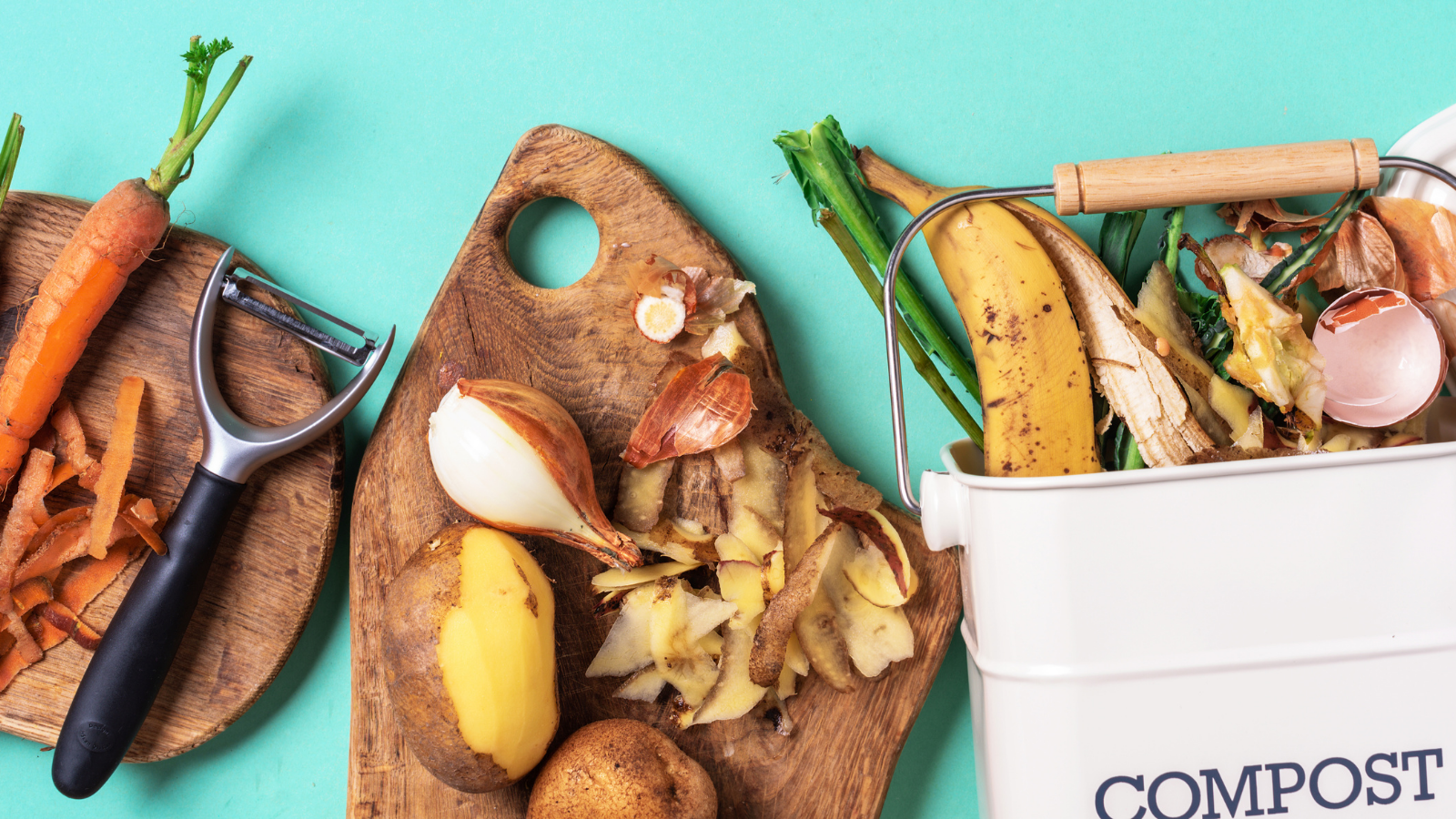Student Engagement Ambassador, Pok, discusses the global impact that increasing food waste has on us and the planet, and offers suggestions on how we can start reducing the amount of food waste we produce.
Every year Stop Food Waste Day is marked to remind, educate and encourage others to implement change in the fight against wasted food. In this blog, I will be highlighting the importance of this day and suggesting ways you can reduce food waste every day.
The increasing amount of food waste being produced globally is a major issue as it contributes to the climate change crisis and impacts people’s health and well-being. Based on previous statistics, around 9.5 million tonnes of food waste is produced per year in the UK (Business Waste, 2022), and 8.4 million people in the UK are experiencing food poverty (Business Waste, 2022). Globally, 33% of all food produced is wasted every year which is significant to consider, especially in China with the highest food wastage annually (Forbes, 2021; Stop Food Waste Day, 2022).
The global impact of increasing food waste
Increasing food waste annually is a serious concern globally as food waste results in a detrimental impact on the environment. The preparation of food itself uses lots of energy, fuel and water, which release greenhouse gases (GHGs), such as carbon dioxide (CO2), contributing to global warming. On top of this, if food is being wasted, then these foods end up in landfill sites and release another, more potent greenhouse gas known as methane (CH4). Methane is the greenhouse gas with the highest global warming potential resulting in higher temperatures and leading to cascading environmental impacts e.g., sea-level rise, ice caps melting and hotter, persistent heatwaves further affecting human health and well-being (Derbyshire County Council, 2022; USDA, 2022).
Another point to consider is that food waste not only brings serious environmental impacts but brings food insecurity to parts of the world that are already experiencing poor access to the food supply. For example, in the slums in Brazil – Heliopolis, Sao Paulo’s largest favela, especially during the COVID-19 pandemic in 2021, the number of people queuing up for food rose from 300 to over 1000 people (BBC News, 2021).
Food waste has lots of implications which range from poverty to impacting human health to damaging the environment and the Earth we live in. Therefore, it is important and necessary that we take action now to reduce food waste as much as possible so we can reduce food insecurity worldwide and improve the environment.
Reducing your food waste
There are many ways to reduce food waste, and below are a few tips to help you:
- Buy only what you need – plan your 3 meals per day in advance so when you are shopping you only buy what you need. This is also a great way to save money!
- Store food wisely – use airtight containers or fridge bags to keep food fresh in the fridge.
- Composting food waste – Reading Borough Council provides two food waste containers, a small indoor kitchen caddy (5 litres) to put in your kitchen and a larger food waste bin (23 litres) for you to put outside for collection. This is a great way to ensure that your food waste doesn’t end up in landfills.
- Donating food to local initiatives – For example, Wycliffe Church in Reading works alongside the local CO-OP food store to make unused food available to the local residents.
In conclusion, food waste is an important issue that requires action now! The University of Reading are already committed to cutting down food waste through its Sustainable Food Policy And Framework. Why not also get involved? Maybe you can start by learning some new recipes which incorporate parts of food we often throw away, such as Banana Peel Biscuits, or following some of the tips mentioned above in your daily life.
Thank you for reading!
